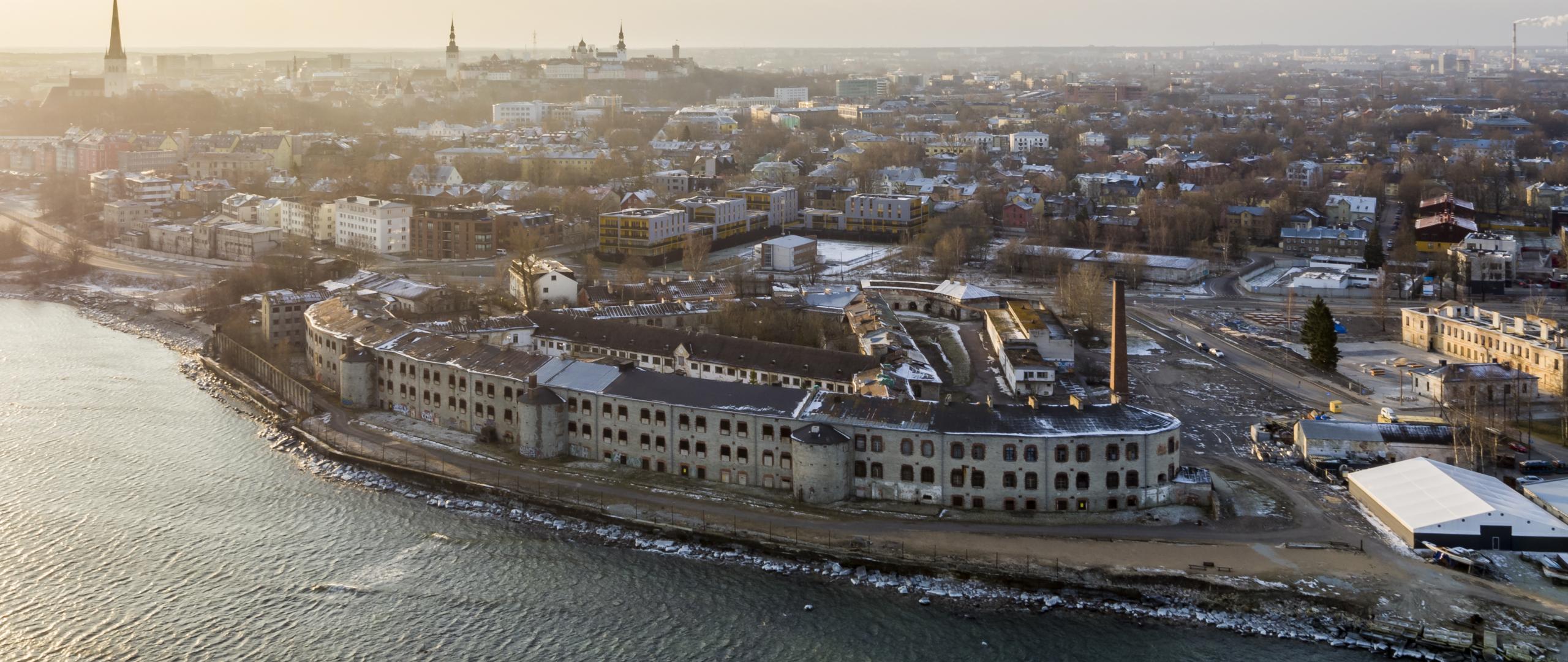SURVEY: Most of society in favour of establishing a communism victims’ museum in Patarei

According to a sociological survey, commissioned by the Estonian Institute of Historical Memory, 55% of Estonian residents support the establishment of the International Memorial Museum for the Victims of Communism in the former Patarei Prison in Tallinn. Most of society is interested in visiting such a museum and support research into the crimes of totalitarian regimes and their victims’ fate. A heightened interest among young people can be noted.
The web survey, conducted by market research agency Norstat, included 1000 respondents and an exemplary sample. It determined that 55% of the respondents support (they replied “agree” or “mostly agree”) a plan by which the museum that will be established in Estonia will also feature the crimes and investigation of those communist regimes that were in power in other countries. Only 24% of the respondents had a negative stance on the matter. The rest did not know how to answer. The support was especially high among young people (18-29 year olds), reaching 68%.
Approximately 65% of the Estonian people are willing to visit the International Memorial Museum for the Victims of Communism when it opens in Patarei Prison. The most interested are again the young people aged 18-29, of whom 75% are prepared to visit the museum. The most certain visitors are 40-49 year olds (largest number of people who replied “definitely yes”).
More broadly, the survey wished to determine if the occupying regimes’ (the Soviet Union and Nazi Germany) victims’ remembrance is important for Estonian people and whether the public considers this an important issue. 75% thought this is a “very important” or “rather important” matter and only 12% regarded it “rather insignificant” or “insignificant”. The support was generally high among all age groups.
According to the Estonian Institute of Historical Memory’s Member of Board Sergei Metlev, the results of the survey are very encouraging for the developers and disprove the notion that society, young people in particular, do not wish to examine our complicated past.
“Young people’s high support and interest in the museum that will be established in Patarei confirms that educational programmes and research into totalitarian regimes are necessary first and foremost for the future; to make sure that inhumane ideologies and political regimes do not rise to power again and destroy our freedom,” Metlev noted.
The International Memorial Museum for the Victims of Communism and the accompanying research centre in the former Patarei Prison is developed by the Estonian Institute of Historical Memory and supported by the state of Estonia. Its purpose is to research and raise awareness about the crimes of totalitarian regimes, and the history of the era in question in general, as well as to commemorate the people who innocently suffered within the walls of Patarei or elsewhere. The occupying regimes imprisoned thousands of political prisoners from 1940 to 1991 in Patarei Prison. The exhibition area Communism is Prison is open in Patarei from May to September, before the renovation begins.
Market research agency Norstat carried out the web survey from 23.09 to 29.09.2020.